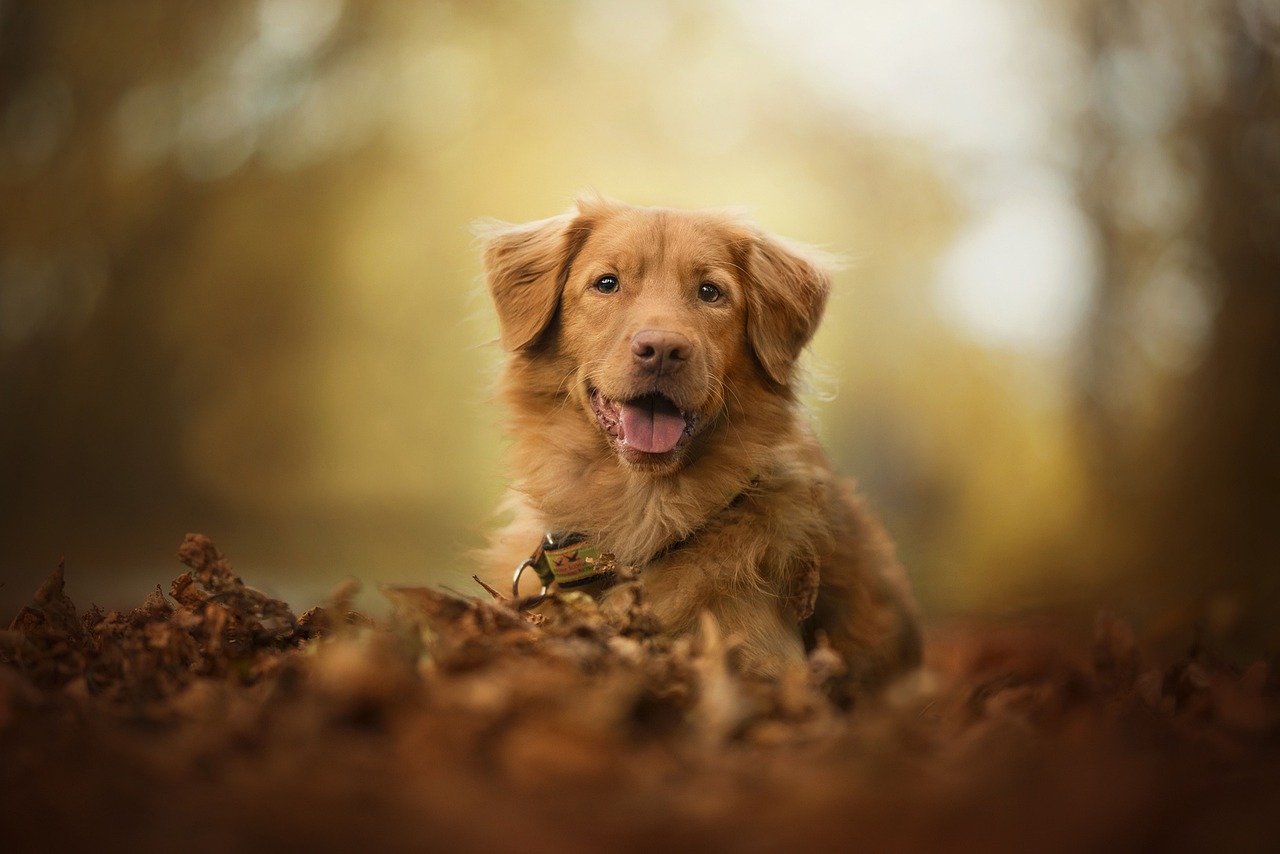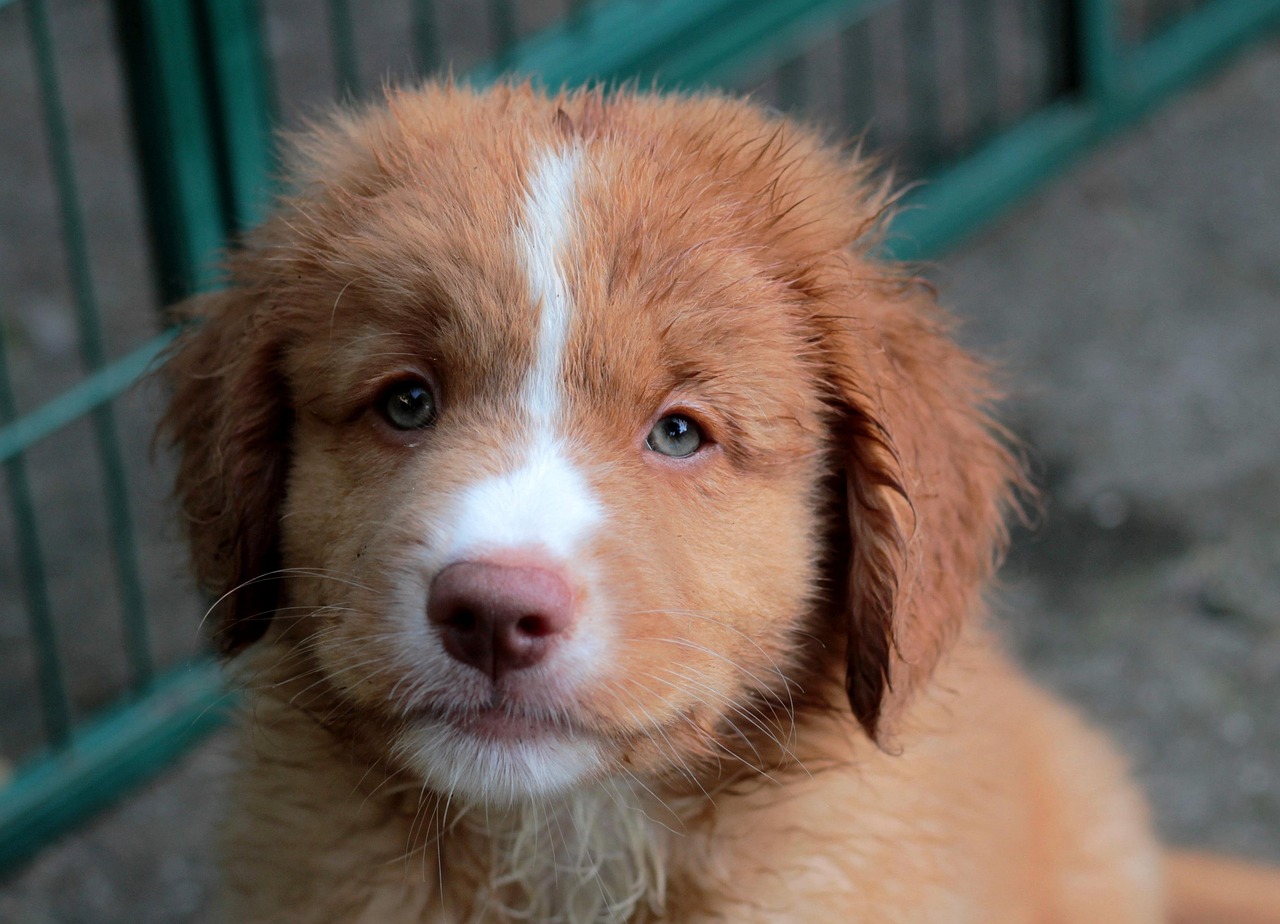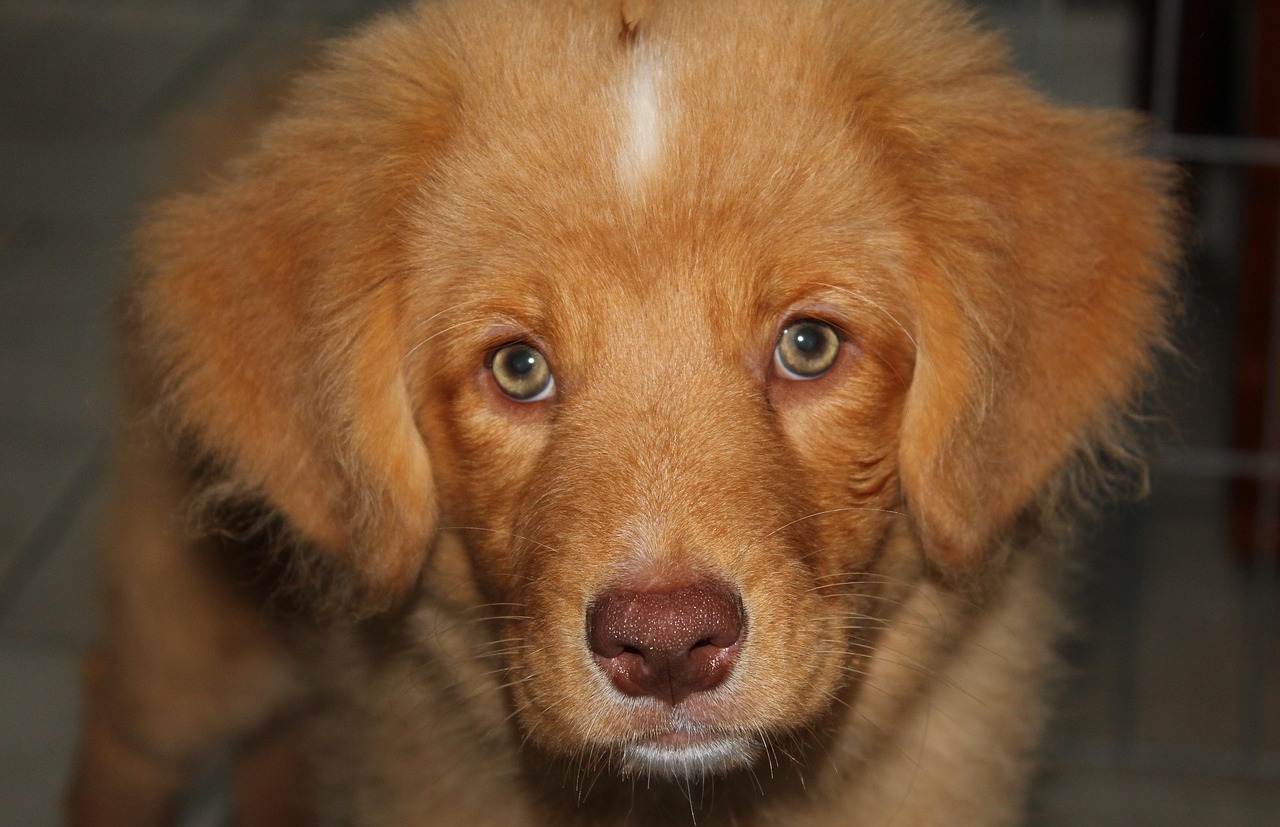
Nova Scotia Duck Tolling Retriever
Toller, Duck Retriever, Energetic Sporting Dog, Canadian Retriever, Smart Family Dog
The Nova Scotia Duck Tolling Retriever, or Toller, is a lively and intelligent sporting breed originally developed in Canada to lure and retrieve waterfowl. It is the smallest of the retriever breeds but stands out with its energy, agility, and cheerful personality.
Know your Nova Scotia Duck Tolling Retriever
Breed Group: Sporting
Size: Medium
Height: 17-21 inches
Weight: 35-50 pounds
Coat Type: Medium-length, water-resistant double coat with a soft undercoat. The coat may be slightly wavy or straight, especially around the neck and tail.
Coat Colors: Shades of Red, Golden, or Copper with characteristic white markings on the chest, feet, tail tip, or face.
Temperament: Outgoing, Intelligent, Enthusiastic. Tollers are eager to please, curious, and form close bonds with their families. They are alert but not aggressive, and thrive with interaction and engagement.
Energy Level: Very High. They require both physical exercise and mental stimulation to remain happy and healthy.
Good with Children: Yes
Good with Other Pets: Yes
Trainability: Very High. Quick learners with a strong desire to work and respond well to positive reinforcement. They excel in agility, obedience, and retrieval sports.
Barking Tendency: Moderate. Tollers are known for their distinctive high-pitched 'scream' when excited, especially during hunting or play.
Lifespan: 12-14 years
Health Issues: Prone to Hip Dysplasia, Progressive Retinal Atrophy, and certain autoimmune conditions. Responsible breeders conduct health screenings.
Exercise Requirements: Very High. Daily runs, games of fetch, swimming, and mentally challenging activities are essential.
Hypoallergenic: No
History: The Nova Scotia Duck Tolling Retriever was developed in the early 19th century in Nova Scotia, Canada. Originally bred to mimic the movements of foxes to attract waterfowl within shooting range—a behavior called 'tolling'—they later retrieve the birds from water. Despite their smaller size, their endurance, intelligence, and work ethic make them outstanding hunting and companion dogs.





Do you own or want this breed?
0 people own this · 2 want this